Can Cats Eat Fish Every Day?
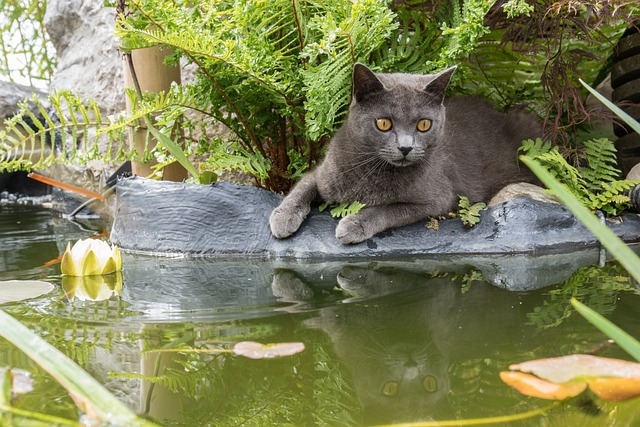
Just imagine:
You're standing in the pet food aisle, staring at rows and rows of cans labeled "fish flavor".
Your concern for your furry friend's well-being hits you like a ton of bricks. 😔
Can cats eat fish everyday without any repercussions?
Let's explore this together.
Can Cats Eat Fish
While cats can safely eat fish as an occasional treat, it should not be their main source of nutrition. Cooked salmon is a good option, but avoid smoked fish or those mixed with herbs and spices. Moderation is key to prevent health issues.
Cats and fish!
They seem like a match made in heaven, don't they?
But can cats eat fish without any issues?
Well, here's the lowdown.
Cats can safely eat fish, BUT hold on a second.
Fish should not be their main source of nutrition; it should only be given as an occasional treat.
Here's why...
Fish can be fascinating to cats, with that enticing smell, movement, and appearance.

However, please bear in mind that fish is not a natural part of their diet.
They need other essential nutrients besides fishy goodness.
If you want to spoil your feline friend with fish, cooked salmon is a great option.
But take note:
Avoid smoked fish or fish mixed with herbs and spices. Keep it simple and clean, just plain ol' cooked salmon.
Too much fish intake can result in health issues like thiamine deficiency or mercury poisoning.
So moderation is key.
Only serve fish to your cats occasionally, alongside a balanced cat food diet.
With that said, there are plenty of fish in the sea for cats to explore—a few small bites can keep them happy and satisfied.
Main points I'll expand upon further down this article:
- Raw fish can destroy certain vitamins and contain harmful bacteria.
- Feeding goldfish to cats is not recommended due to choking hazards and bacteria.
- Opt for boneless or deboned fish and avoid giving raw fish.
- Commercial cat foods may contain minerals that lead to kidney problems.
- Fishbones are hazardous and can cause internal organ damage or choking.
- Canned tuna often contains unhealthy levels of sodium and preservatives.
- Fresh cuts of fish are preferable to canned varieties.
- Cats can develop allergies to fish, so monitor for reactions or intolerances.
- Cats can develop cystitis and urinary blockages from eating fish.
- Tuna can have high levels of mercury, so it should be consumed in moderation.
And now, let's dive deeper into why raw fish should be avoided and the potential health risks associated with feeding cats this type of seafood.
Can Cats Eat Raw Fish
Can cats eat raw fish every day?
No way.
Why not?
Raw fish has an enzyme that destroys thiamine, which is crucial for a cat's health.
Wait, there's more!
Some fish types can also ruin other important vitamins.
Feeding your cat raw fish can lead to various health problems, not just vitamin deficiencies.
You know what else?
Raw fish can be contaminated with bacteria that cause food poisoning.
Not good, right?
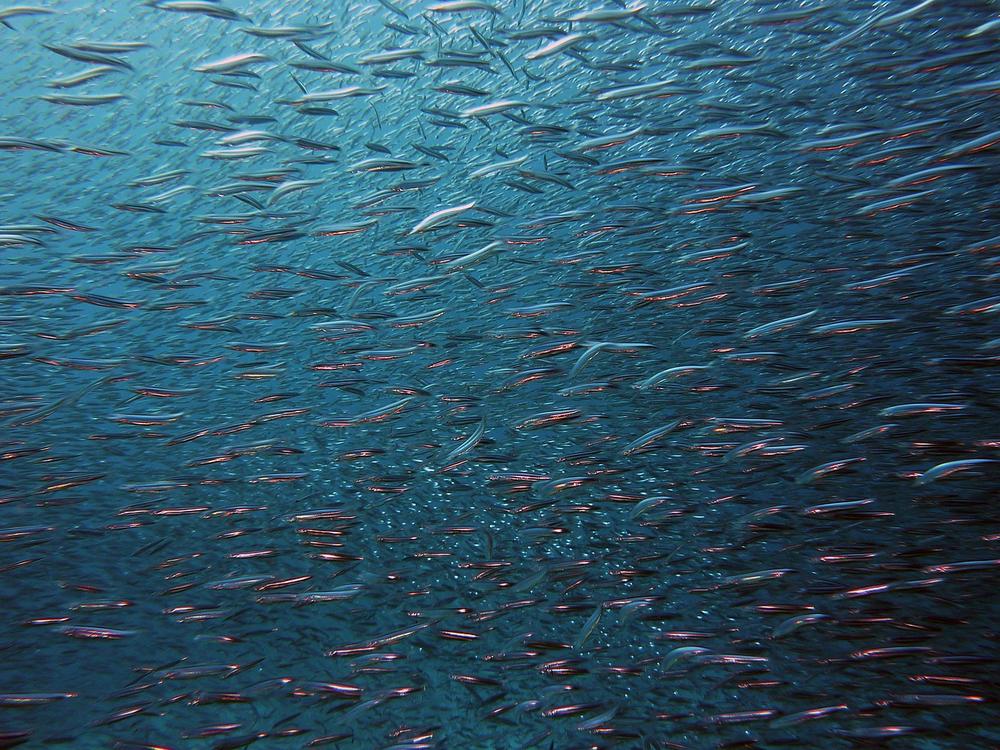
And guess what?
Both cats and humans can get sick from those nasty bacteria.
Don't even think about giving your cat goldfish. They may be cute, but they can be dangerous and spread bacteria or parasites.
So here's the solution:
Go for boneless or deboned fish instead. It may not be as exciting, but it'll keep your furry friend healthy and happy.
Skip the raw fish completely.
Trust me, you don't want to risk it.
But what about commercial cat foods that contain fish?
Can you trust them to be safe and healthy for your feline friend?
Well, let's take a closer look at the hidden dangers lurking in these seemingly convenient options.
You won't believe what I discovered about the quality of fish used and the potential risks they pose to your cat's well-being.
Trust me, you don't want to miss this!
Fish in Commercial Cat Foods
| Pros | Cons |
|---|---|
| High-quality fish, boneless or deboned fish | May contain minerals leading to kidney and urinary tract issues |
| Special veterinary formulated diets available | Canned varieties may contain unhealthy levels of sodium, preservatives, or undesirable parts |
Can cats eat fish every day and stay safe and healthy?
It's a question many cat owners wonder about. Let me break it down for you.
Not all cat foods with fish are created equal.
You gotta pick the good stuff if you want the best for your furry friend.
High-quality brands are the way to go.
But what makes a brand high-quality when it comes to fish?
Well, they should use boneless or deboned fish.
That way, there's no risk of choking or damage to internal organs.
Watch out for fishbones, though.
They can be dangerous for cats, so it's best to avoid them.
Fish alone isn't enough to provide proper nutrition for cats.
You need nutritional balance. Luckily, there are special diets formulated by vets just for cats.
These diets ensure your feline friend gets everything they need to thrive.
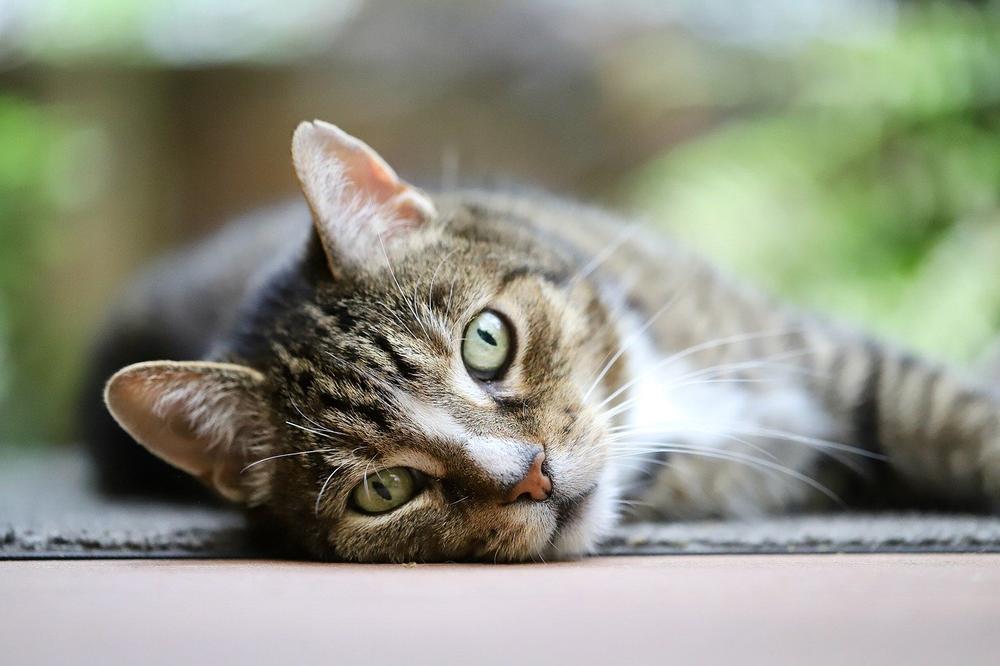
However, you need to be cautious about the quality of fish in commercial cat foods.
Some fish may contain minerals that can lead to kidney problems or urinary tract issues.
And nobody wants an unhealthy kitty!
Speaking of unpleasant things, some pre-packaged or canned fish varieties include parts like guts, feces, and bones. Yuck! Cats with kidney or urinary tract disease have it even worse because these parts contain substances they need to avoid.
Canned tuna can be loaded with unhealthy levels of sodium and preservatives.
Canned salmon brings high salt content and additives to the table.
So, what can you do?
Opt for fresh cuts of fish instead.
This way, you know exactly what your cat is getting without any unwanted surprises.
No pollution, contaminants, antibiotics, or dyes commonly found in certain types of fish.
Your cat's health is in your hands. Choose wisely!
And by the way, if you're curious about whether cats can safely consume salmon, I highly recommend checking out Can Cats Eat Salmon.
In my article, I delve into the topic and provide important information that will help you make the best choices for your feline friend.
You don't want to miss it!
Fish Allergy in Cats
Watch out for fish allergies in cats
Ok, so here's the deal, my dear reader.
Cats can get allergies, just like you and me.
Crazy, right?
Well, one common thing they might be allergic to is fish. Yes, you heard me, fish. So, pay attention if your furry friend starts acting weird after a fishy feast - things like skin issues, excessive hair shedding, ear infections, tummy troubles, or even breathing problems. These could be signs of a fish allergy.
Now, I know you're probably wondering how to confirm if fish is really the culprit.
It's simple, my friend.
Keep an eye out for any changes in behavior or health when introducing fish-based foods to your precious feline.
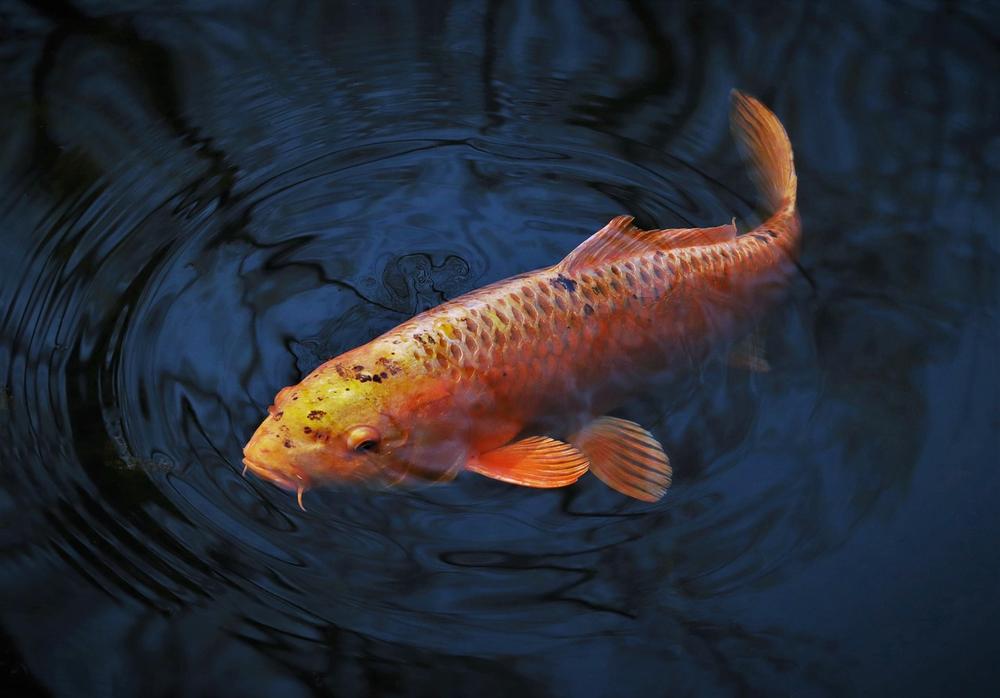
These reactions are a clear sign that your cat is having an allergic reaction.
If you suspect your kitty has a fish allergy, it's time to play detective... What do I mean?
Well, try eliminating any fish or fish-related products from her diet completely for a while.
Then, keep a close watch on her symptoms.
This will help you figure out if fish is indeed the issue.
Oh, and don't forget, prevention is way better than dealing with those pesky allergies. So, if your furball already has a known fish allergy, it's best to avoid fish-based foods altogether. Trust me, it's for her own good!
Listen, my friend, a happy and healthy kitty is more important than sneaking some fishy treats into her bowl.
So, let's prioritize her well-being, shall we?
And while some cats may be able to tolerate fish, I must warn you, my fellow cat lovers, that feeding fish to your feline friend every day can come with its own set of risks.
Fish May Cause Urinary Tract and Kidney Problems
Feeding fish to your cat, especially if they have urinary tract issues, requires caution.
Certain commercial cat foods use fish that contain high levels of minerals, which can be detrimental to their kidneys and urinary tracts.
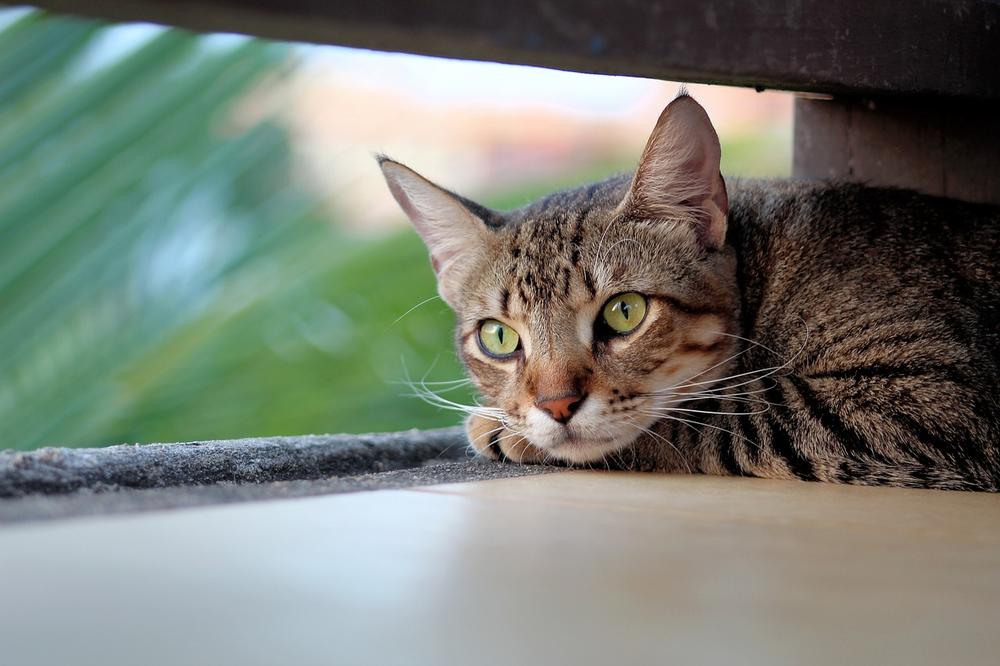
Fish can cause problems like cystitis and urinary blockages in cats, particularly those who are sensitive to it.
So, be mindful when choosing cat food with fish ingredients, especially if your furry friend has preexisting urinary tract issues.
Take care to prevent any potential complications and keep your cat's health in check.
Mercury Concentrations May Be Above Safe Levels
Here's what you need to know about mercury concentrations:
Some types of fish, like tuna, can have high levels of it.
You need to be careful about how much fish you feed your cat.
Fish that are prey for larger fish often have high mercury levels.
So, either go easy on the fish or choose options with low mercury content.
But here's the deal with tuna:
It has a ton of mercury.
Don't worry though.
You can still give your cat some cooked tuna as an occasional treat.
Just make sure not to overdo it.
But hold on!
There's another thing you need to be aware of when it comes to your furry friend's diet.
Pet food sometimes contains mercury.
And who wants their pets overloaded with mercury?
Not you.
Salmon and trout?
They're some of the worst offenders when it comes to high mercury levels. So if you want to give them fish, tread carefully.
That being said, there are still safer fish options out there for your pets.
Do your research and look for alternatives that won't expose your pals to excessive amounts of mercury.
Always prioritize safety, folks.
To cut to the chase: Further down the blog post, I'll share information about common types of fish and seafood. You should keep reading if you want to make informed choices for your cat's diet.
But wait, there's another important aspect of fish and your cat's health that we shouldn't overlook...
The presence of toxins:
Risks of Toxins and Contaminants in Fish
Fish can contain harmful toxins and contaminants like PCBs, dioxins, and pesticides due to ocean pollution. Predatory fish like tuna, sharks, and swordfish are more likely to accumulate higher levels of toxins. Even canned fish may contain industrial toxins. Tilefish is particularly high in toxic elements and should be avoided by women of child-bearing age and young children.
Fish can contain toxins such as PCBs, dioxins, and pesticides due to pollution in the ocean.
This isn't just a concern for cats, it's a concern for us humans too.
When pollutants get into the oceans, they end up in fish and build up there. This means that the fish we eat can be filled with dangerous levels of toxins.
You need to watch out for larger fish like tuna, sharks, and swordfish because they are predators of smaller fish that swim around polluted areas.
This means they can accumulate even more toxins in their bodies.
Even the fish we thought were safe can end up being contaminated. Industrial toxins like PCBs, dioxins, and pesticides can be found in all types of fish, including canned fish.
So those cans of fish might not be so innocent after all, especially when it comes to feline hyperthyroidism.
Tilefish may sound fancy, but they should be avoided if there are young children or women of child-bearing age around.
Why?
Because they're packed full of toxic elements.
With all these concerning facts, you have to carefully choose the fish you eat.
Benefits of Fish Oil
| Benefits of Fish Oil | |
|---|---|
| Neurological Development | Fish oil supports healthy neurological development in cats, contributing to their overall brain function. |
| Brain Development | Regular consumption of fish oil can promote brain development in cats and enhance their cognitive abilities. |
| Digestion | Fish oil aids in maintaining a healthy digestive system in cats, ensuring proper nutrient absorption and reducing digestive issues. |
| Fur/Skin Health | Including fish oil in a cat's diet can improve the health of their fur and skin, resulting in a shiny coat and reduced skin problems. |
| Eyesight | Fish oil is known to support good eyesight in cats and may help prevent certain eye conditions. |
| Heart Health | The omega-3 fatty acids found in fish oil contribute to heart health in cats, promoting a healthy cardiovascular system. |
| Joint Conditions | Fish oil has anti-inflammatory properties that can help manage joint conditions in cats, providing relief and improving mobility. |
Fish oil can be a game-changer for your cat's health.
Let me tell you about all the benefits.
You've probably heard that fish oil is great for promoting healthy brain development in cats, and it's true!
Fish oil has precious oils like DHA, which is crucial for their brain development.
And those essential fatty acids in fish oil?
They support healthy brain function too.
But that's not all...
Fish oil also works wonders for cats' eyesight, heart health, and joint conditions.
It's a powerhouse of goodness!
And there's more.
Fish oil can make your furball's skin and coat healthier than ever.
It's like a spa treatment from the inside out.
Pure luxury!
However, balance is key.

You need to maintain a good ratio between omega-6 and omega-3 fatty acids to prevent any imbalances caused by excessive fish oil or animal fat diets.
Too much of a good thing is never ideal, my friend.
And while fish is amazing, moderation is crucial.
Think of seaweed as a delightful snack for cats.
It aids digestion and promotes healthier skin and fur.
A little something extra for their kitty repertoire.
But remember, always consult with a veterinarian before adding fish oil supplements to your cat's diet.
Experts will ensure your fur baby's overall well-being, considering their specific needs.
Because health comes first, right?
So, embrace the fishy goodness and keep your feline companion thriving with some quality fish oil in their lives.
They'll thank you with purrs and cuddles!
And it gets better...
Not all types of fish are safe or beneficial for cats.
In the next section, we will explore which shellfish and popular fish varieties you can occasionally treat your feline companion to and which ones should be avoided.
Stay tuned to find out more!
Common Types of Fish and Seafood
When it comes to fish and seafood for cats, there's some important stuff you should know.
Yeah, shellfish like clams, scallops, mussels, crabs, oysters, and lobsters can be a nice treat for cats if you cook them up without adding salt.
But here's what else you gotta PLEASE bear in mind:
- Sardines are packed with omega-3 fatty acids, which are great for cats, but make sure you cook 'em up and give 'em a rinse before serving.
- Fish like cod, halibut, flounder, hake, and tilapia are all good options for cats as long as you remove the bones and make sure they don't have any harmful ingredients.
- Cats can have anchovies every once in a while since they have lower levels of mercury.
- Shrimp and prawns are generally okay for cats, but don't go overboard because they're high in sodium and cholesterol.
- Octopus and squid are loaded with minerals, but they also come with a good amount of cholesterol, so give 'em to your cat in moderation.
- Watch out for tuna, 'cause cats can get addicted to it and start turning their noses up at other foods.
The key here is to mix things up when giving your cat fish and seafood.
And hey, always talk to your vet about what your cat needs when it comes to their diet.
Better safe than sorry.
And that wraps up today's article.
Before you leave, can I ask you something? Was my blog post useful for you? If it was, I would be extremely grateful if you could share it with your loved ones. Sharing is just a click away, as there are social media sharing icons available. Thank you so much!
Talk soon,
-Sarah Davis